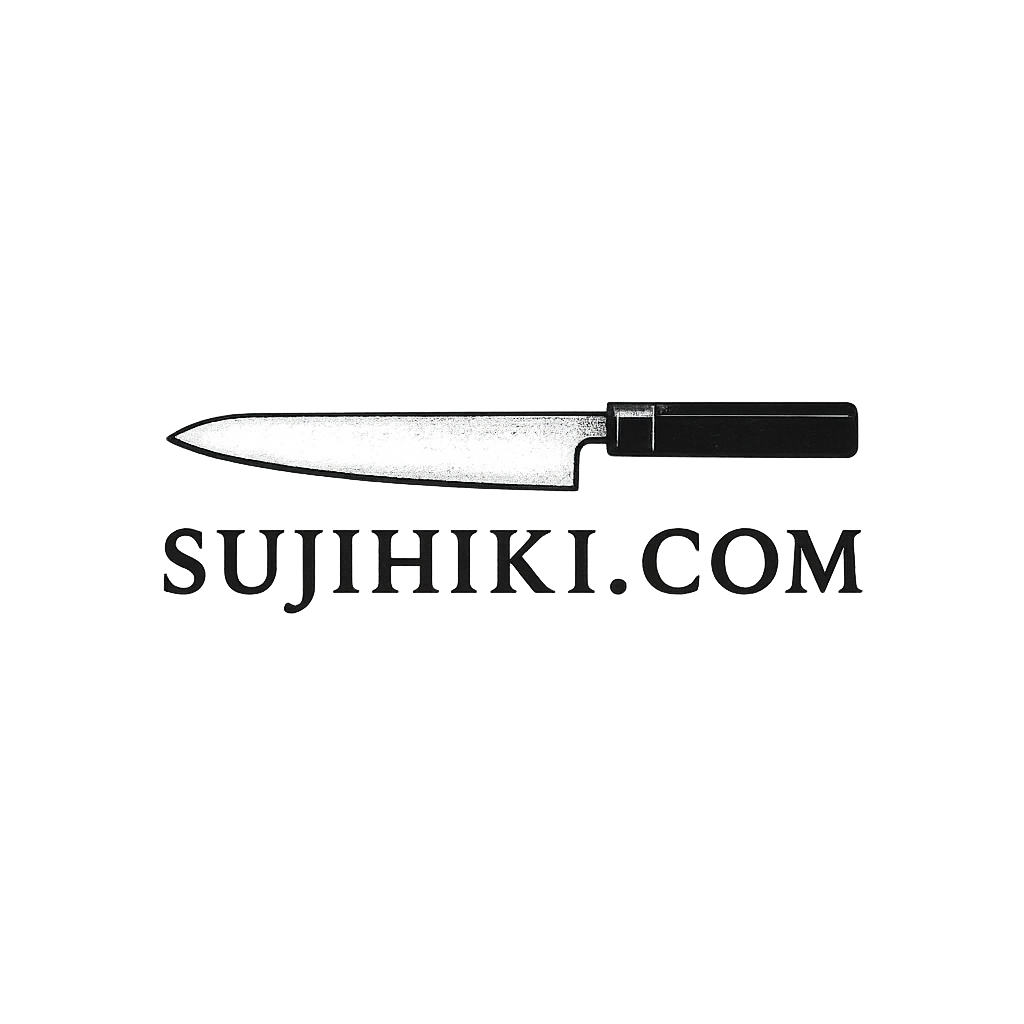
When people today talk about “Damascus knives,” they’re usually referring to blades with beautiful water-like patterns. But real Damascus, forged from ancient wootz steel, is no longer available—at least not in its original form.
True Damascus blades were forged from wootz steel, imported from South Asia and worked by Middle Eastern smiths using techniques that created flowing, organic patterns tied to the steel’s microstructure. These swords were famed not just for appearance, but for superior performance: incredible edge retention, shock absorption, and cutting power.
The original process for making wootz steel was lost by the 19th century. Key factors included:
As a result, no modern smith can make steel that behaves and looks exactly like the legendary Damascus of history.
Most modern “Damascus” blades are made using a process called pattern welding. Layers of different steels are forge-welded together, twisted or folded, and etched with acid to reveal contrast. While beautiful and functional, these blades do not share the microstructure or performance profile of true wootz Damascus.
It’s a bit like calling any layered chocolate dessert a “mille-feuille”—it looks the part, but the structure and origin are different.
Not at all. Modern Damascus-style knives can be excellent. In fact, they often have better corrosion resistance and consistency than ancient blades. You’re buying a tribute, not a forgery.
But it’s important for knife buyers to know what they’re getting: artful craftsmanship, not ancient metallurgy.
True Damascus is gone—but its legacy lives on. The blades available today are tributes, inspired by history, but built with modern tools. As long as you appreciate the difference, there’s still beauty and performance to enjoy.
現在「ダマスカス包丁」と呼ばれるものは、美しい波紋模様のある刃を指すのが一般的です。しかし、本物のダマスカス鋼—つまり古代のウーツ鋼から鍛造されたもの—は、もはや手に入れることができません。
本物のダマスカスブレードは、南アジアから輸入されたウーツ鋼を中東の鍛冶師が独自の技術で鍛えたもので、流れるような有機的模様は鋼の微細構造に由来していました。外見だけでなく、優れた性能(刃持ち、衝撃吸収力、切断力)を兼ね備えていたのが特徴です。
ウーツ鋼の製法は19世紀に失われました。主な理由は以下の通りです:
そのため、現代の鍛冶師が本物と同じ構造・性能の鋼を作ることはできません。
現在の「ダマスカス包丁」は、パターン鍛造(pattern welding)という技法で作られています。異なる鋼材を層状に重ねて鍛接し、ねじったり折り重ねたりして模様を作り、酸でエッチングすることでコントラストを際立たせます。
これは本物のウーツ鋼とはまったく異なる構造と性能を持つものです。
そうではありません。現代のダマスカス風包丁は、美しく、機能的です。多くは耐食性も高く、品質も安定しています。つまり、これは「偽物」ではなく、「オマージュ(敬意を込めた再現)」なのです。
大切なのは、自分が何を買っているのかを理解することです。
本物のダマスカスは消えましたが、その遺産は生き続けています。現代のダマスカス包丁は、歴史に敬意を払った芸術作品であり、性能も実用的です。その違いを理解した上で使えば、きっと満足できる一本となるでしょう。